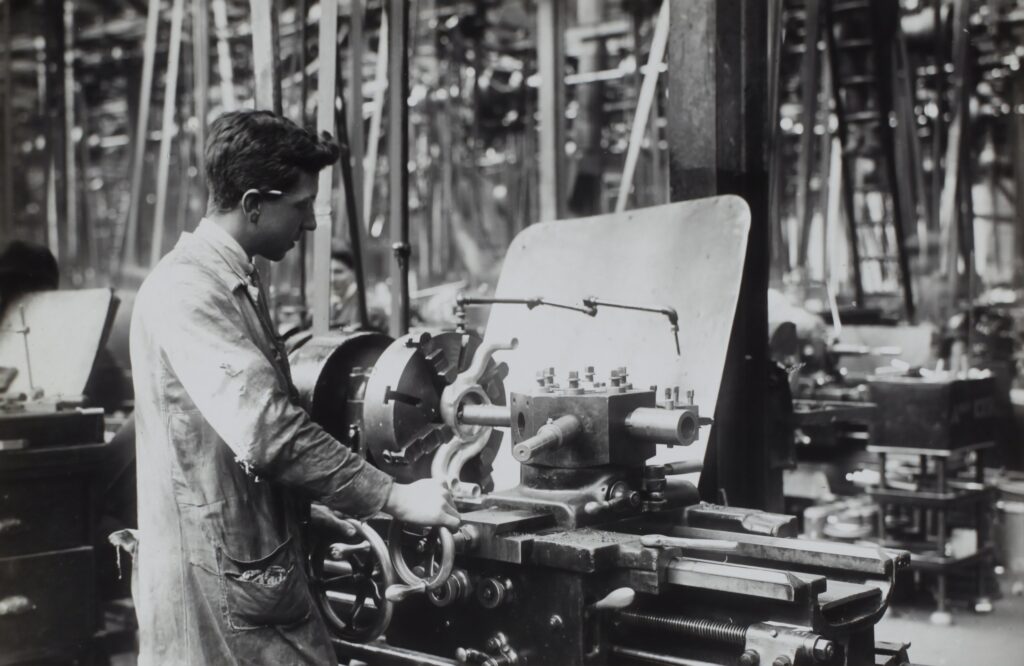
Seven million years ago, when humans first roamed the world, the only job was survival.
To access this career, the ‘job seeker’ didn’t require career guidance, they were simply born into the tribe. The job in question was hunting and gathering, and of course reproduction.
The first job market

As the hunter and gatherers settled down and became farmers, ‘jobs’ as we know became more integrated into daily life with each tribe member (or now farmer or field hand) having an expertise.
Farmers, toolmakers, carpenters, the original doctors (or medicine men, as they were known) and other essential workers were required to keep the population well fed and safe, with each generation improving their skill set and knowledge to survive in the new world.
As farms became towns and towns turn into cities, more specialist careers were required; ironmongers, horse breeders, herbalist, butchers, jewelry makers. Before long, there were lawyers, politicians and soldiers.
Family Careers
Initially, skills were passed down from one generation to another, with each family teaching their children the skills of their trade. Observational learning started at an early age with children supporting their parents and older siblings to help keep food on the plate.
A career was necessary to survive. If a family couldn’t sell what they created, they could easily find themselves on the street.
Apprenticeships originally started when a family who didn’t have children (or enough children to keep up with demand) took on other children as apprentices. The first apprenticeships were originally a contract of servitude.
Industrial Revolution Jobs

By the 1800s the world had the industrial revolution. The industrial revolution saw the increase in a need for low-skilled workers, as large factors required hundreds of humans to be cogs in the industrial machine.
Career choices were made on where a person lived (and class status) rather than personal preference. Living in Manchester increased the likelihood of a factory career, or a fishing profession if you lived near the coast.
Careers and livelihoods depended on an areas success, not the skills of an individual.
Transport opened up the job market
As transport links (the invention of motorcars and railways) allowed people to move with ease to new areas, allowing individuals to chase the jobs of their dreams. This created competition for jobs.
The technology was also changing the job landscape, with machines being used to automate basic tasks, which led to the Luddites movement.
The first recorded job interview.
Thomas Edison, in 1921, was the first employer to be recorded to have used a recruitment process. The assessment used was to test the knowledge of job applicants.
When the famous inventor Edison required a new staff member he would receive hundreds of applications. But the problem Edison faced was his new employees did not have the required knowledge for the job role.
Instead of hiring ‘anyone’ Edison created a test to check the applicant’s knowledge and experience.
Edison Interview Questions
What is the first line in the Aeneid?
Who was the Roman Emperor when Jesus was born?
Where is the River Volga?
What is brass made of?
Who assassinated President Lincoln?
Modern Job Interviews
Next came face to face interviews, assessment centres and practical exams. Technology continues to influence the job interview; the invention of telephones leads to telephone screening interviews, the internet creating video interviewing and artificial intelligence creating an online automated (non-human) interview process.
To help applicants pass job interviews, career professionals can take the job interview prediction test to determine their interview identity.

Job Interview Advice









